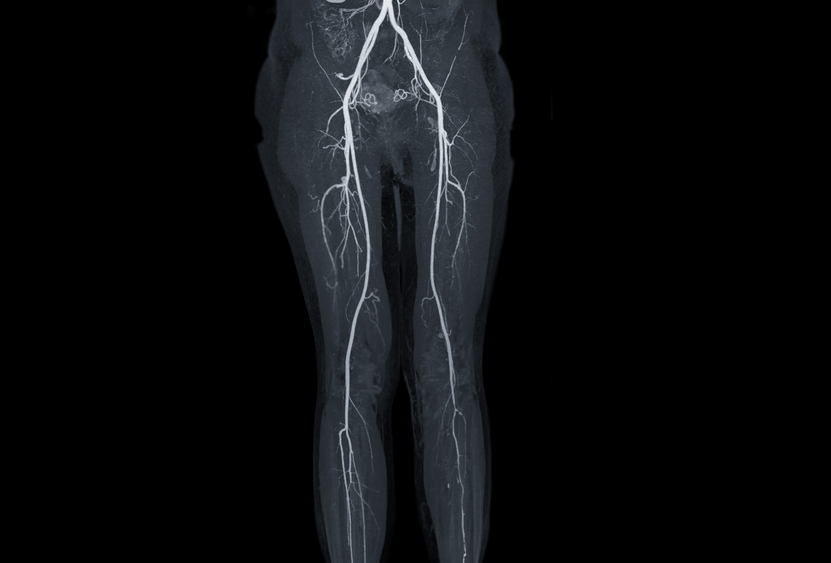Strokes in African Americans
Most strokes in African Americans occur due to high blood pressure and a much higher number of African Americans have uncontrolled blood pressure. A quarter of all strokes occur in the presence of atrial fibrillation (a fib) and while representing 13 percent of the US population, African Americans experience almost twice that percentage of all strokes (26%).
Strokes are Worse in Blacks
And when a stroke occurs, African Americans have them earlier in life and present with more severe and disabling conditions. The “Cardiovascular Quality and Outcomes” group concluded that “compared with other race/ethnicity groups, (African American) patients were less likely to receive IV tissue-type plasminogen activator <3 hours, early antithrombotics, antithrombotics at discharge, and lipid-lowering medication prescribed at discharge,” a study looking at over 200,000 patients showed.

Not surprisingly, with these prescriptive deficiencies in play, data analysis also showed a persistently increased re-hospitalization rate in African Americans at both 30 days and one year for all causes. African Americans also have a 2.4 times higher rate of recurrent strokes than white Americans, and the highest death rate of any racial group.
Stroke patients overseen by neurologists were almost 4 times more likely to receive IV clot dissolving medicine than those seen by non-neurologists for all races and ethnicities (study from the Baylor College of Medicine ), but unfortunately African Americans were half as likely as whites to be seen by a neurologist when presenting with a stroke.
 Aspirin to reduce Strokes in African Americans
Aspirin to reduce Strokes in African Americans
Aspirin use is decreased among African Americans as compared to whites while the indications for aspirin use are actually higher in African Americans. If you have a high risk for heart attack or stroke, your doctor will likely put you on aspirin. People with a lower risk should not be on aspirin because the risk for bleeding is higher than the risk for a cardiovascular event.
Recommendations for aspirin change when newer information becomes available. Always remind your provider every medication or supplement you take. You may have been put on aspirin in the past, but now that better information is available, it may not be the right thing now. Watch and read this CNN report that has an important update.
Overall, prevention experts (USPSTF ) recommend referring adults who have stroke risk factors and are obese to intense behavioral counseling to promote a healthy diet and more physical activity. That means going to your doctor and having a detailed conversation about what you do . . . and what you eat. For example, by decreasing your intake of salt and fried foods, lowering the blood pressure and getting proper exercise, strokes in African Americans can greatly decrease.
Take a look at this video that explains why you need to start your medicine, keep taking it, and come in to make sure it is doing what it’s supposed to be doing. Take care.

 Aspirin to reduce Strokes in African Americans
Aspirin to reduce Strokes in African Americans






